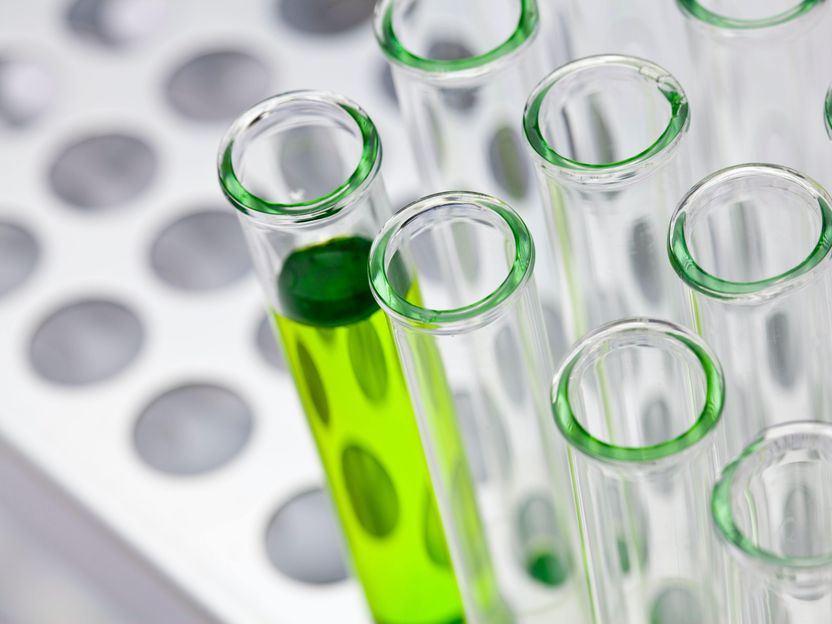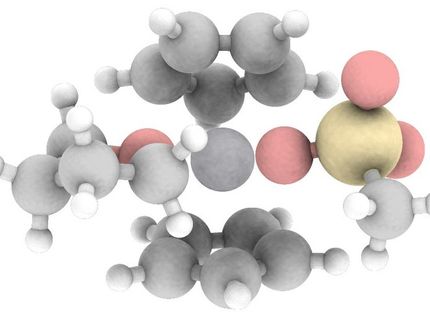Innocent and highly oxidizing
Chemists produce new oxidants as a tool for preparative chemistry
Chemical Oxidation, the selective removal of electrons from a substrate, represents one of the most important transformations in chemistry. However, most common oxidants often show disadvantages such as undesired side reactions. The chemist Marcel Schorpp and colleagues from the group of Prof. Dr. Ingo Krossing from the Institute of Inorganic and Analytical Chemistry at the University of Freiburg have successfully generated a novel and extremely stable perfluorinated radical cation. In cooperation with Stephan Rein from the group of Prof. Dr. Stefan Weber from the Institute of Physical Chemistry, this radical was characterized in detail.

The new reagent allows for the synthesis of reactive species in standard laboratory solvents that were previously difficult or inaccessible.
Photo by Bill Oxford on Unsplash
The new reagent proves to be an extremely strong oxidizing agent and allows for the synthesis of reactive species in standard laboratory solvents that were previously difficult or inaccessible - for example, the oxidation of decamethylferrocenium, which is a long known and very stable species to the corresponding highly reactive dication in the presence of carbon monoxide. With this newly described reagent, many of the above mentioned disadvantages of other oxidants can be circumvented, since it reacts as an innocent oxidizing agent: only taking up electrons from the substrate without showing further reactivity.
Due to the broad applicability described in the article, this reagent is interesting for inorganic, organic chemistry as well as electrochemical or materials science research questions. “In the future, for example, it might be possible to embed it in a polymer to be used as cathode material for organic batteries,” explains Schorpp.
Original publication
Other news from the department science

Get the chemical industry in your inbox
By submitting this form you agree that LUMITOS AG will send you the newsletter(s) selected above by email. Your data will not be passed on to third parties. Your data will be stored and processed in accordance with our data protection regulations. LUMITOS may contact you by email for the purpose of advertising or market and opinion surveys. You can revoke your consent at any time without giving reasons to LUMITOS AG, Ernst-Augustin-Str. 2, 12489 Berlin, Germany or by e-mail at revoke@lumitos.com with effect for the future. In addition, each email contains a link to unsubscribe from the corresponding newsletter.




























































